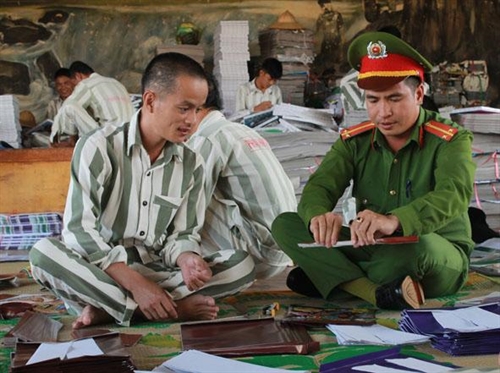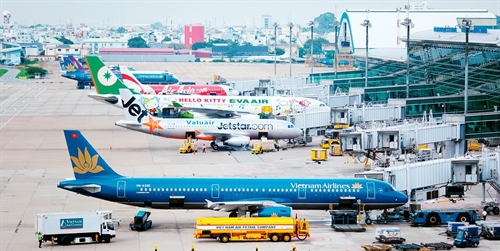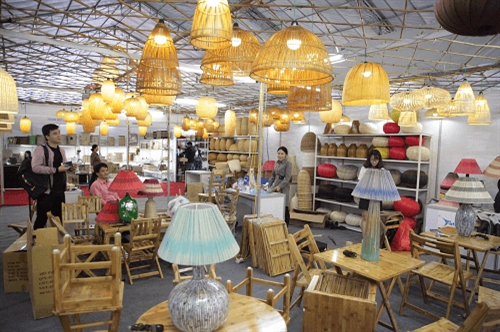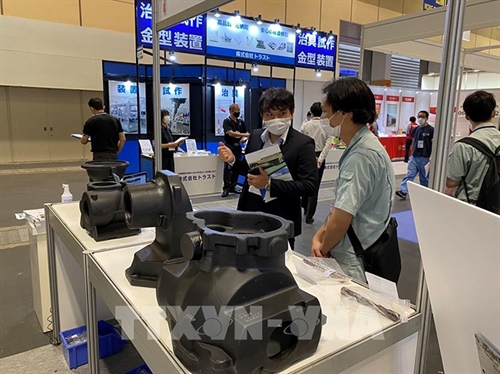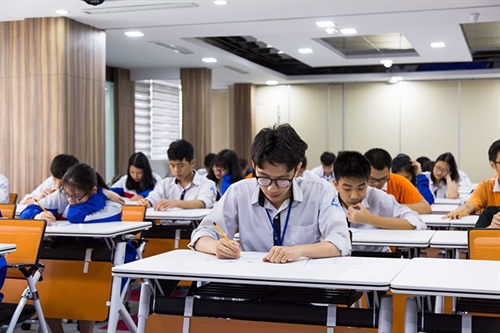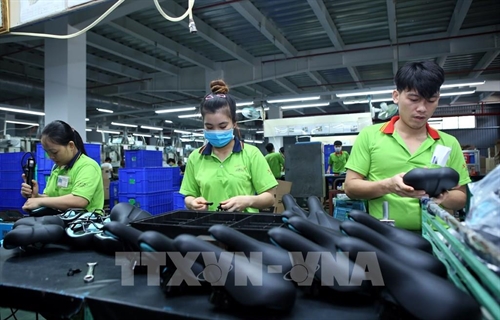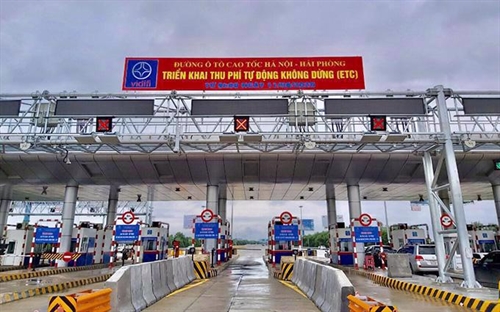According to the draft master plan on power development during 2021-30, with a vision toward 2045, often called the 8th power development master plan, the proportion of electricity produced from renewable energy sources would raise to 11.9-13.4 percent in 2030 and 26.5-28.4 percent in 2045.
The draft is formulated by the Ministry of Industry and Trade (MOIT) along the line of reducing coal-fired power and developing renewable energy and new energy. In the sector of renewable power alone, it is required to pay attention to assurance of efficiency, harmony and balance within the system. Offshore wind power would be further prioritized in the coming time. Meanwhile, the development of solar power would be re-considered, taking into account such weaknesses as dependence on number of hours of sunshine and lack of energy storage systems.
As per the draft, the country’s total installed power capacity would reach 130,000 -144,000 MW by 2030, in which coal-fired power would account for 28-31 percent; gas thermal power, 21-22 percent; large- and medium-scale and pumped storage hydropower, 18-19 percent; and renewable energy power, 24-26 percent. Particularly, by 2045, the total installed power capacity would increase to 262,000-330,000 MW while the proportion of coal-fired power would sharply reduce to 15-19 percent.
As estimated by the MOIT, the total investment capital demand for implementation of the master plan would be about USD 99.32 billion. Specifically, if choosing to develop a high-load power system, the annual investment capital demand would be approximately USD 11.58 billion, of which about USD 10.16 billion would be invested in power source development and around USD 1.42 billion for building power transmission grids. This huge capital demand prompts the need for formulation of more “open” mechanisms to attract investment from the private sector in energy projects, especially renewable energy projects.
In light of this, the MOIT is now considering the possibility of applying the direct power purchase mechanism and the bidding mechanism in selection of investors to implement power projects, which are expected to ensure more equality and transparency for investors as well as the harmony and balance between renewable energy projects and transmission grid development projects. The ministry is also working on the revision of the Electricity Law with a view to creating a legal foundation for socialization of electricity transmission activities, thus removing the current bottleneck in power infrastructure development.- (VLLF)
